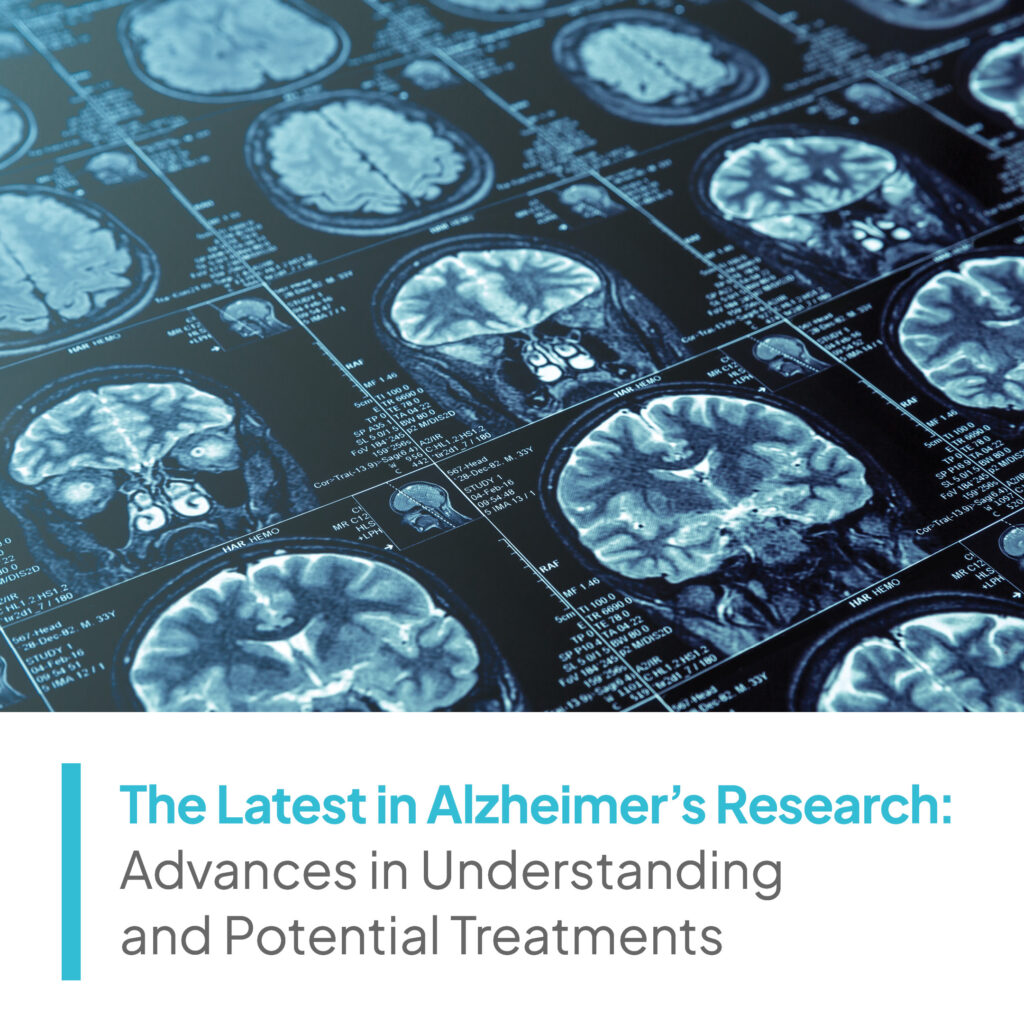What is Alzheimer’s Disease?
Alzheimer’s disease is a complex neurological condition that causes cognitive decline, memory loss, and behavioral changes. It is the most common cause of dementia, a progressive loss of intellectual functioning, affecting millions of individuals worldwide. This progressive brain disorder impacts thinking, memory, and daily functioning, ultimately affecting a person’s quality of life.
The Prevalence of Alzheimer’s Disease
Alzheimer’s disease is a significant global health challenge. As of now, an estimated 55 million people are living with dementia, and this number is projected to increase by more than double by 2050 if effective interventions are not found. The aging population is a key contributing factor to the increasing prevalence of Alzheimer’s, and one in three seniors dies of Alzheimer’s or dementia.
The Causes and Mechanisms of Alzheimer’s
The exact causes of Alzheimer’s are unknown and remain a subject of intense research. However, it is believed that the accumulation of abnormal protein structures called aggregates, including beta-amyloid plaques and tau tangles, contributes to the degeneration of brain cells and the subsequent cognitive decline.
Genetic factors also play a role, with certain mutations increasing the risk of developing the disease. Additionally, lifestyle factors such as cardiovascular health, diet, physical activity, and cognitive engagement are being studied for their potential influence on Alzheimer’s risk. There is also a potential link between hearing loss and the development of Alzheimer’s and/or dementia.
Current and Future Alzheimer’s Treatments
While there is currently no cure for Alzheimer’s, several treatment options are available to manage its symptoms and slow its progression. These treatments include medications that aim to enhance cognitive function and manage behavioral symptoms. However, their effects can vary from person to person and may not halt the disease’s progression entirely.
Advancements in Alzheimer’s Research
Alzheimer’s research is advancing rapidly, with a focus on identifying new therapeutic targets and interventions. Investigational drugs are being developed to target the accumulation of beta-amyloid and tau, with the goal of slowing or halting disease progression. Some of these drugs are currently undergoing clinical trials to evaluate their safety and effectiveness.
Promising areas of research include immunotherapies that target beta-amyloid and anti-tau treatments. Researchers are also exploring the potential of repurposing existing drugs to address Alzheimer’s-related pathways.
Clinical Trials for Alzheimer’s Disease
Numerous clinical trials are underway to test the safety and efficacy of potential Alzheimer’s treatments. These trials involve a range of interventions, from novel medications to lifestyle interventions. Collaboration between researchers, healthcare professionals, and individuals affected by Alzheimer’s is crucial to advancing our understanding of the disease and developing effective treatments.
Velocity Clinical Research is actively involved in conducting clinical trials for investigational medications intended to treat or slow the progression of Alzheimer’s disease.
Participating in a clinical trial can provide individuals with access to cutting-edge investigational therapies and contribute to the advancement of Alzheimer’s and dementia research. If you’re interested in learning more about ongoing clinical trials for Alzheimer’s at Velocity, fill out this form and speak with a recruitment specialist.
The future of Alzheimer’s treatment holds promise, and ongoing research endeavors are dedicated to finding effective therapies to combat this increasingly prevalent neurological disorder.
Further Reading
- World Health Organization. Dementia: https://www.who.int/news-room/fact-sheets/
- Alzheimer’s Association. 2021 Alzheimer’s Disease Facts and Figures: https://www.alz.org/media/documents/alzheimers-facts-and-figures.pdf
- National Institute on Aging. Alzheimer’s Disease Fact Sheet: https://www.nia.nih.gov/health/alzheimers-disease-fact-sheet
- Alzheimer’s Drug Discovery Foundation. Alzheimer’s Research and Clinical Trials: https://www.alzdiscovery.org/clinical-trials

